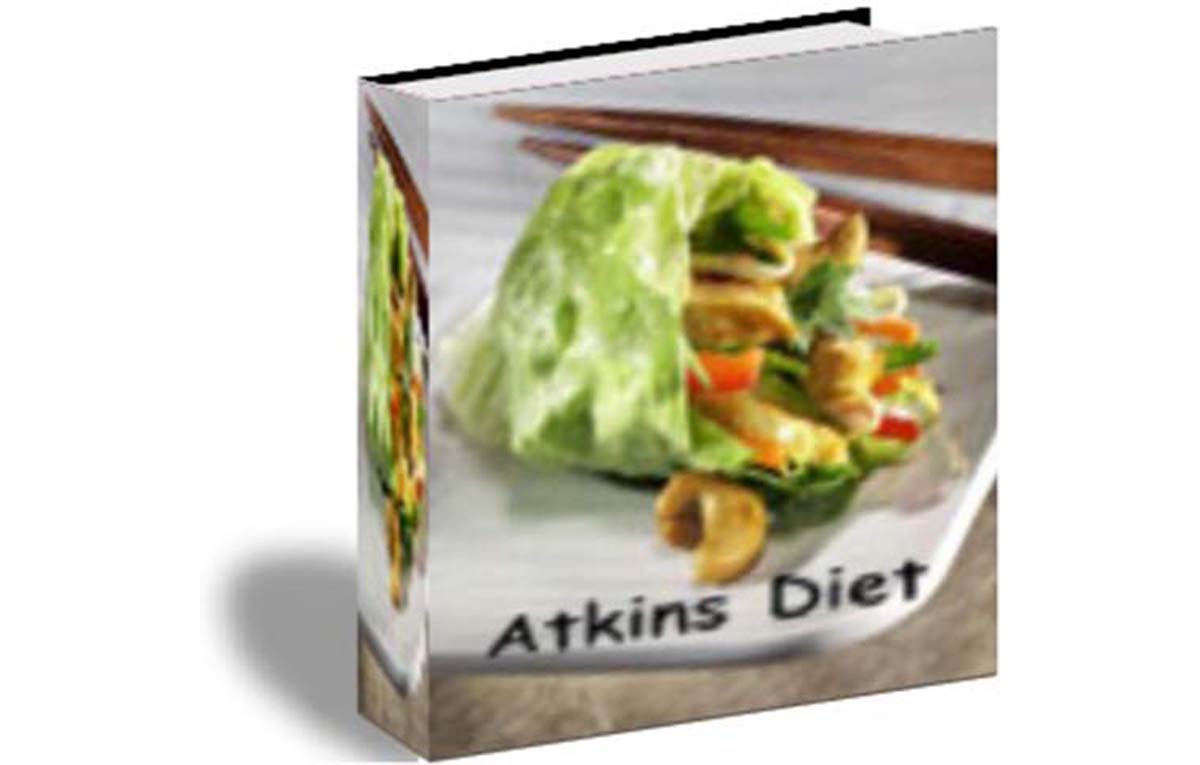Steak with sauce, eggs, and bacon; cheddar cheese omelets, smooth avocado cream soup… Although it may sound funny, these rich and calorific foods are all "allowed" as part of the controversial diet described in Dr. Atkins' New Diet Revolution, a phenomenal best seller, and several of his follow-up books.

What You Can Eat on the Atkins Diet
- Limit the amount of food you can eat
- Restrict the following foods: refined sugar, milk, white rice, and white flour
- You can eat meat, eggs, cheese, and more
- Claims say that the Atkins diet reduces your appetite in the process
- On the Atkins diet, a person eats almost pure protein and fat because almost all kinds of meat are allowed, as well as cheese
- Carbs are restricted! Unlike all other kinds of food, carbs are restricted, but not totally banned. You are allowed to ingest about 20 grams of net carbs per day. During the Atkins diet, carbs are allowed in the form of fiber-rich foods, but you do not return to eating refined sugar milk, white rice, white bread, white potatoes, or pasta.
- The diet does allow for adding fruits, vegetables, and whole-grain foods, but only after some time.
Phases of the Atkins diet
1. Induction
2. Ongoing weight loss
3. Pre-maintenance
4. Lifetime maintenance
How does the Atkins Diet work?
The long-term benefits of the Atkins diet are questionable
Atkins diet: Pros and cons
Benefits of the Atkins diet
- There is no need to cut out the food the most of us like, such as meat, cream, cheese, and other high-fat food. Everyone agrees that this is major plus for this diet!
- Because a person can eat as much as they like of the permitted food types, they don't get hungry at all. This can prevent "diet binges" that can derail your weight loss efforts.
- Not all carbohydrates count in the total allowance. Those rich in dietary fiber can be eaten more freely because fiber is not digested by the human body.
- It is argued that a low-carb diet is more natural for the human body because grains in the form of wheat, rice, etc., only became a regular part of our diet 10,000 years ago, so our bodies have not had time to evolve to cope with them satisfactorily. Whether or not you subscribe to this "cave man" theory, eating the kinds of foods allowed on an Atkins diet may well feel natural to you.
- Some research studies indicate that people with diabetes type 2 have shown better insulin function after being on an Atkins diet. That’s why the Atkins diet is very preferable for those kinds of patients.
Disadvantages of the Atkins diet
- Some studies have proven that both types of diet, Atkins and low calorie, had a large drop-out rate, so it seems the apparent choice of food on the Atkins Diet is not sufficient to keep people on it.
- The metabolic processes involved in using fat for energy instead of carbohydrates can lead to increased uric acid, which can cause kidney problems and strong headaches.
- Although more weight was lost at the end of 6 months on the Atkins Diet than on almost every low calorie diet on the market, after one year, the difference is definitely insignificant.
- There can be low amounts of dietary fiber on the Atkins Diet leading to constipation and chronic bowel disease. Fibers are crucial and preferable for the normal functioning of the gastrointestinal system.
- Some experts believe that the high amounts of animal fat eaten on the Atkins Diet can have an adverse effect on cholesterol levels and can lead to cardiac disease. That’s why heart disease patients should avoid it.
Potential health risks of the Atkins diet
Almost every diet carries some potential health risk, and the risk of low-carbohydrate high-protein dieting is probably not from burning fat, but rather from unhealthy eating habits. It is logical to assume that high fat is not heart-healthy. Researchers have come to the conclusion that high protein diets stress the kidneys. Experts are saying that the kidneys work harder to process proteins broken down in dieters on a high-protein diet such as Atkins.
A quick review of Atkins' pros and cons
Pros:
- Many men prefer this diet thanks to hearty foods like steaks and burgers being regular menu items.
- Many people have lost a lot of weight on this plan. It's not unusual for Atkins dieters to peel off around 80 pounds.
- Some Atkins dieters see improvements in cholesterol levels despite the diet's high fat content.
Cons:
- The diet does not provide enough energy in the form of carbohydrates, so the body is forced to go into ketosis. This is the goal because it leads to weight loss, but ketosis can also cause a great burden on the kidneys. There is not a lot of research available on the long-term effects of this. Long-term effects on the heart have also not been studied.
- You'll miss out on vital nutrients supplied by fruits, vegetables, and whole grains which could lead to vitamin deficiencies. Low-carb diets can also adversely affect calcium levels in the body
- Most Atkins dieters experience constipation, halitosis, and sometimes, dehydration.
Potential complications can include osteoporosis, hypotension, liver and kidney problems, and possible increase in heart disease risk.

